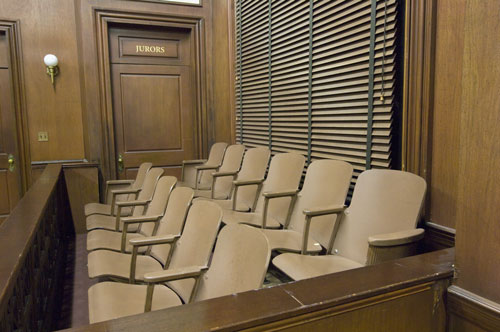Justice Gorsuch continued in relevant part: The government concedes what all of this means for Mr. Erlinger. To trigger ACCA’s mandatory minimum, the government had to prove, among other things, that his three predicate convictions were “committed on occasions different from one another.” §924(e)(1). And as Wooden observed, deciding whether those past offenses occurred on three or more different occasions is a fact-laden task. As the government recognizes, virtually “any fact” that “increases the prescribed range of penalties to which a criminal defendant is exposed” must be resolved by a unanimous jury beyond a reasonable doubt (or freely admitted in a guilty plea). Apprendi, 530 U. S., at 490.
Here, the sentencing court made a factual finding that Mr. Erlinger’s offenses occurred on at least three separate occasions. And as in Apprendi and Alleyne, that factual finding had the effect of increasing both the maximum and minimum sentences Mr. Erlinger faced. Thus, Mr. Erlinger was entitled to have a jury resolve ACCA’s occasions inquiry unanimously and beyond a reasonable doubt. This Court decides no more than that.
Court-appointed amicus cannot avoid this conclusion. Amicus relies on an exception announced in Almendarez Torres v. United States, 523 U. S. 224, which he argues permits a judge to find certain facts related to a defendant’s past offenses, including whether he committed them on different occasions. That decision is an outlier. And the Court has described it as “at best an exceptional departure” from historic practice. Apprendi, 530 U. S., at 487. It persists as a “narrow exception” permitting judges to find only “the fact of a prior conviction.” Alleyne, 570 U. S., at 111, n. 1.
Amicus responds that if Almendarez-Torres permits a judge to find the fact of a conviction, that necessarily implies that a judge may also find the jurisdiction in which the underlying offense occurred and the date it happened, which is generally enough to resolve the occasions inquiry, making sending it to a jury pointless. This Court disagrees.
Amicus appears to make a good point that is consistent with the Rules of Evidence and Judicial Notice. Evidence Rule 201 allows judges to take notice of prior testimony admitted in another proceeding. A defendant’s factual basis regarding prior convictions will almost always include the date of the prior offense. Thus, the transcripts of a defendant’s prior guilty pleas should be permitted bases for a sentencing judge to find the existence and dates of relevant prior offenses.
